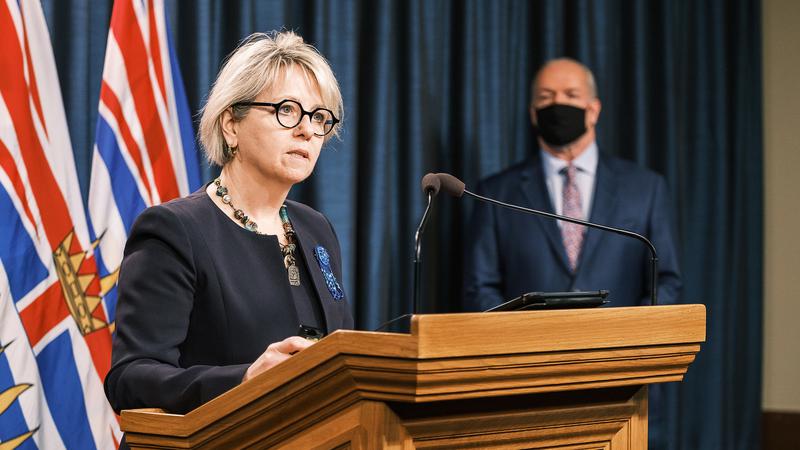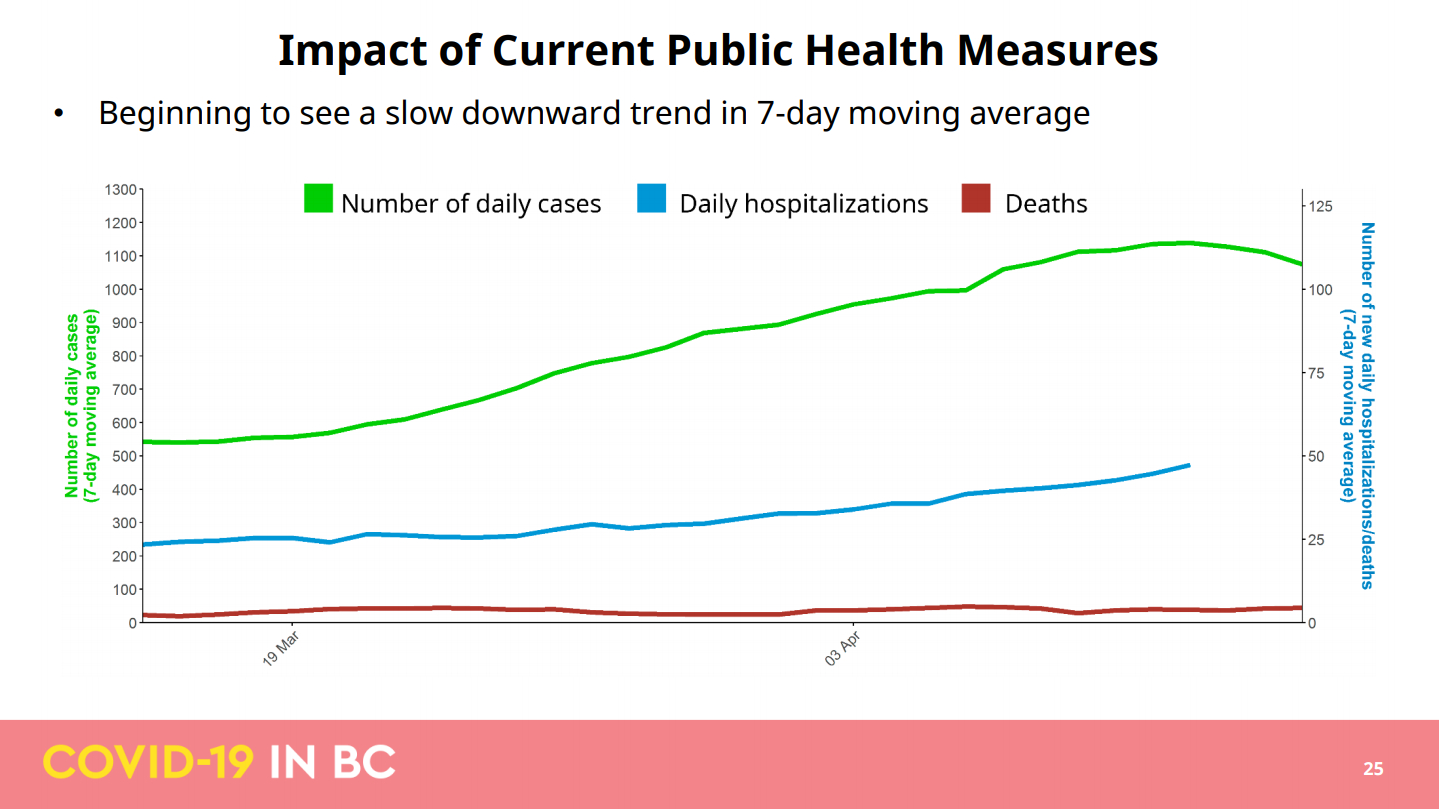
Province clamping down in non-essential travel, extends current health orders
NANAIMO — Fines are coming for people travelling outside of their own health authority without a valid reason.
Beginning Friday, April 23, the province will conduct random road blocks to fine for non-essential travel. Premier John Horgan said the operation would run similar to Counter Attack campaigns by the RCMP to target impaired drivers.
“They will be [applicable] to all travellers, not just a few. They will be random and there will be a fine if you are travelling outside of your area without a legitimate reason.”
More details are due on Friday with public safety minister Mike Farnworth implementing the change under the Emergency Program Act.




